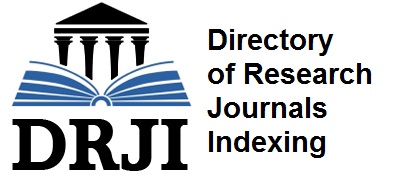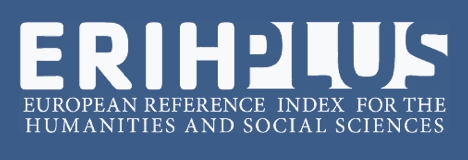“Non potranno essere gettati”. Assicurazione e schiavitù nella dottrina giuridica del XVIII secolo
“Non potranno essere gettati”. Assurance and slavery matters in the eighteenth century law doctrine
Abstract
Trade and maritime traffic mean dealing with the instruments and contractual forms that emerged in the Middle Ages directly by the traders, and that progressively receive a discipline and a legal configuration through the work of the jurists of common law. This is especially evident when one is confronted with contracts that, almost unknown in the ancient world, were created to respond to the new needs, linked to the life of commerce, like the insurance, one of the best examples of this. The jurists, forced to move within a regulatory system based on the Roman law, took a long time to recognise its characteristics of autonomy and typicality. For some centuries they will tend to bring the insurance fictitiously within known contractual schemes, such as buying and selling and mortgage, although they recognized some specificity, and in this sense stands out the work of the Genoese jurist Giuseppe Lorenzo Maria Casaregi.

This work is licensed under a Creative Commons Attribution-NonCommercial 4.0 International License.
Authors who publish with this Journal agree to the following terms:
Authors retain copyright and grant the Journal right of first publication with the work simultaneously licensed under a Creative Commons Attribution-NonCommercial 4.0 International License.
This Journal permits and encourages authors to post items submitted to the Journal on personal websites or institutional repositories both prior to and after publication, while providing bibliographic details that credit, if applicable, its publication in this Journal.

















